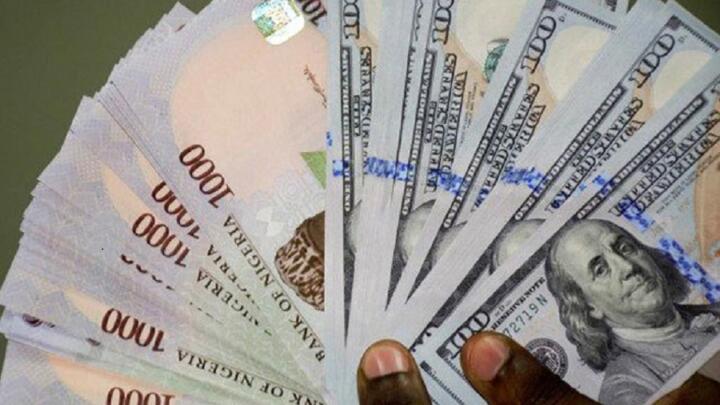The Nigerian Naira has plunged to a new low of ₦1,745 to the US dollar on the parallel market, reflecting mounting pressures on the country’s foreign exchange market. This significant depreciation marks a sharp contrast to the official exchange rate and highlights the growing challenges facing the Nigerian economy.
Factors Driving the Depreciation
Several factors have been cited as contributing to the Naira’s sharp decline on the parallel market:
- Forex Shortage: There has been a persistent shortage of foreign exchange in the market, fueled by low oil revenue and diminished dollar inflows.
- High Demand for USD: As Nigeria faces rising inflation and import costs, the demand for US dollars remains high, especially for essential imports like fuel, machinery, and food.
- Speculation: Traders have been accused of speculative activities, further exacerbating the volatility in the market.
- Policy Uncertainty: Uncertainty over the Central Bank of Nigeria’s (CBN) forex policies, including the recent introduction of the EFXM platform, has led to erratic movements in the exchange rate.

Impact on the Economy
The depreciation of the Naira on the parallel market is having a ripple effect across various sectors:
- Cost of Living: The weakened Naira has contributed to rising prices for imported goods, which has worsened inflation and the cost of living for Nigerians.
- Business Operations: Businesses reliant on foreign goods and services are facing higher operational costs, impacting profitability and increasing the cost of products in the market.
- Remittances: While the devaluation has increased the value of remittances from abroad in Naira terms, it has also led to a widening gap between official and parallel exchange rates.
Government and CBN Response
The Central Bank of Nigeria has reiterated its commitment to stabilizing the Naira through market interventions and policy adjustments. However, critics argue that the lack of consistent and transparent policies has contributed to the current volatility. The government has also been urged to diversify the economy to reduce reliance on oil exports, which are vulnerable to global price fluctuations.
Parallel Market Trend
This sharp decline of the Naira on the parallel market has raised concerns about its sustainability, particularly as the official exchange rate remains much lower. Economic analysts warn that the gap between the official and parallel market rates could widen further if corrective measures are not taken promptly.
Conclusion
The Naira’s drop to ₦1,745/$ on the parallel market is a stark reminder of the challenges Nigeria faces in stabilizing its currency amidst economic uncertainties. It underscores the need for coherent policy interventions, a diversification strategy, and increased transparency to restore confidence in the foreign exchange market.
Support InfoStride News' Credible Journalism: Only credible journalism can guarantee a fair, accountable and transparent society, including democracy and government. It involves a lot of efforts and money. We need your support. Click here to Donate
